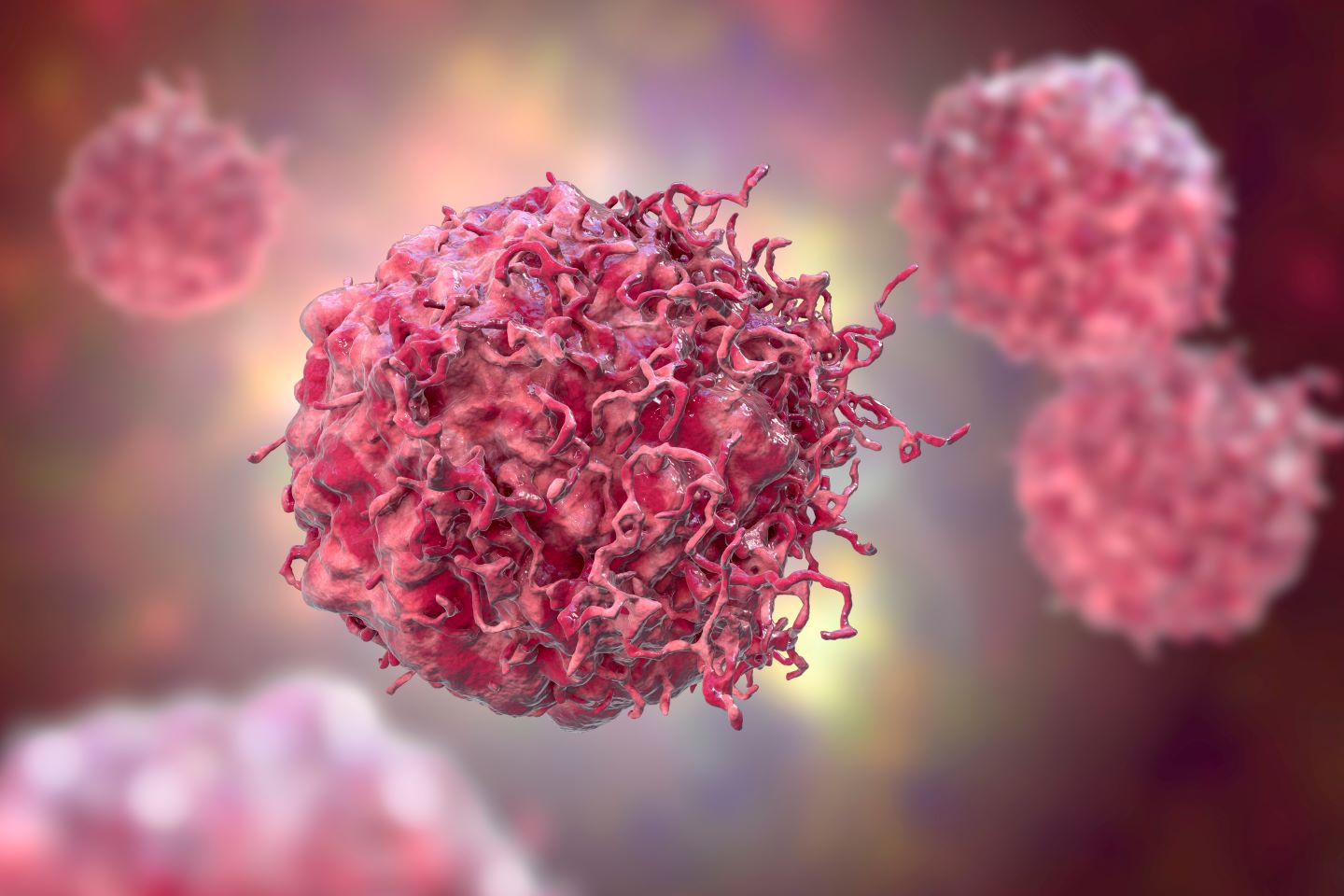Lung cancer is responsible for more than 130,000 deaths per year and is the most fatal type of cancer in the US. There are two main types: non-small cell lung cancer (NSCLC), which makes up approximately 80%–85% of all lung cancer, and small cell lung cancer (SCLC). Biomarker testing helps identify certain proteins, genes, or other molecules that may indicate the presence of a disease or condition; it aids in earlier diagnosis, more effective treatment, and improved patient outcomes. However, a recent study published by Bruno and colleagues in JCO Precision Oncology found that biomarker testing is often underutilised with marked racial disparities, particularly in the Black community. To address this, the American Lung Association (ALA) launched the Biomarker Education, Awareness and Testing (BEAT) Lung Cancer campaign, which focused on increasing biomarker education, awareness, and testing in high-risk populations.
In the study by Bruno and colleagues, 23,488 patients diagnosed from 2017 to 2020 with advanced/metastatic NSCLC, metastatic colorectal cancer (CRC), or metastatic breast cancer were obtained from a real-world database (Flatiron Health Electronic Health Record) to examine racial disparities in biomarker testing and clinical trial participation. The Flatiron Health database provides real-world data obtained from electronic health records used by oncology providers across the US. Study findings showed significant racial disparities between white versus Black race in next-generation sequencing (NGS) used to identify biomarkers. In NSCLC patients, 50.1% of white patients were ever NGS-tested compared with 39.8% of Black/African American; in CRC patients, 51.6% of white patients were ever NGS-tested compared with 41.8% of Black/African American; breast cancer patients, however, did not show any racial differences. These results are concerning as NGS is a key part of precision medicine, including diagnosis, prognosis, and treatment decisions.
In the US, GlobalData epidemiologists forecast that there will be nearly 200,000 diagnosed incident cases of NSCLC by the end of 2024 in adults aged 18 years and older. However, with the implementation of the BEAT initiative, current forecast estimates will likely be surpassed due to an increase in biomarker testing rates and therefore case identification in underserved, high-risk populations. The accurate and timely identification of lung cancer cases is critical for improving patient outcomes; future efforts should continue to prioritize addressing racial disparities and barriers to care in disease diagnosis, treatment, and prevention.






